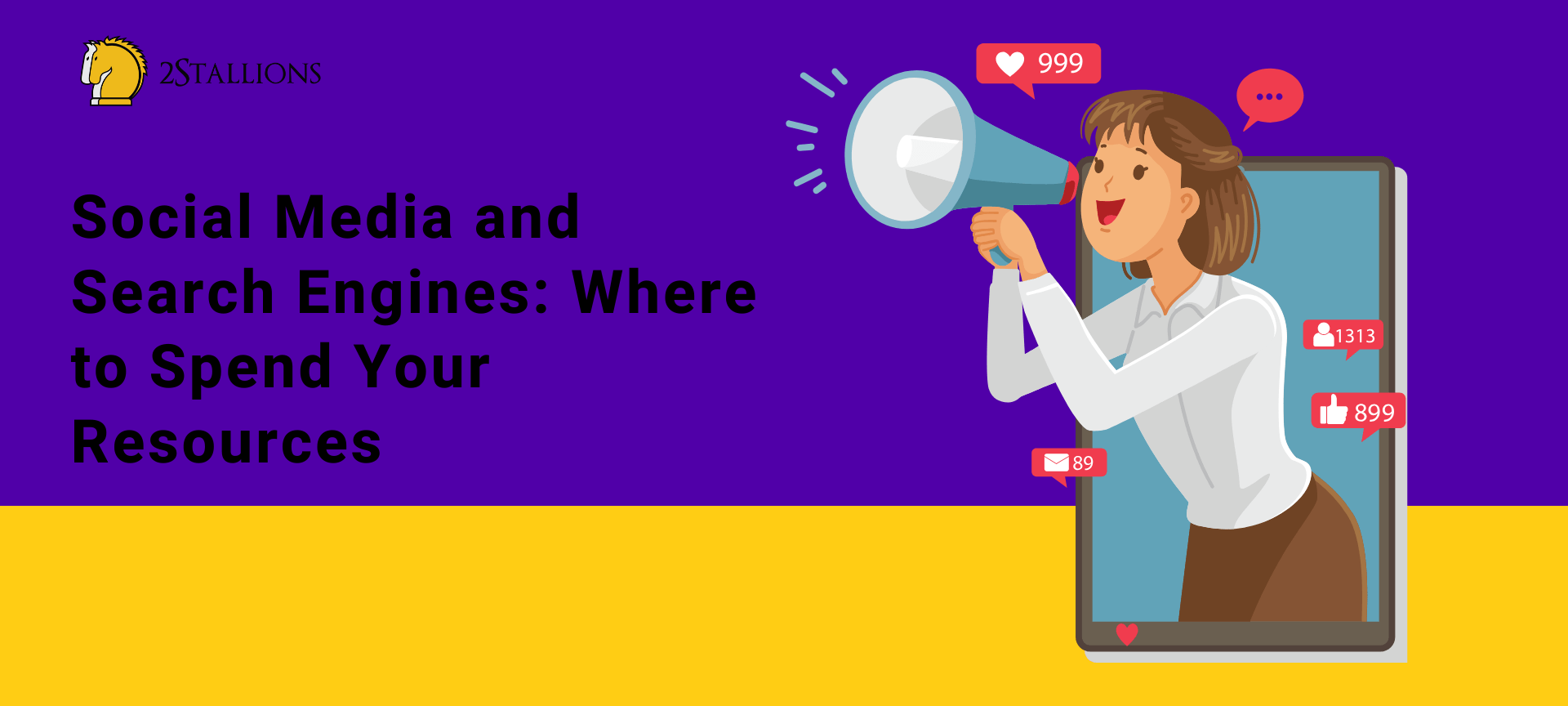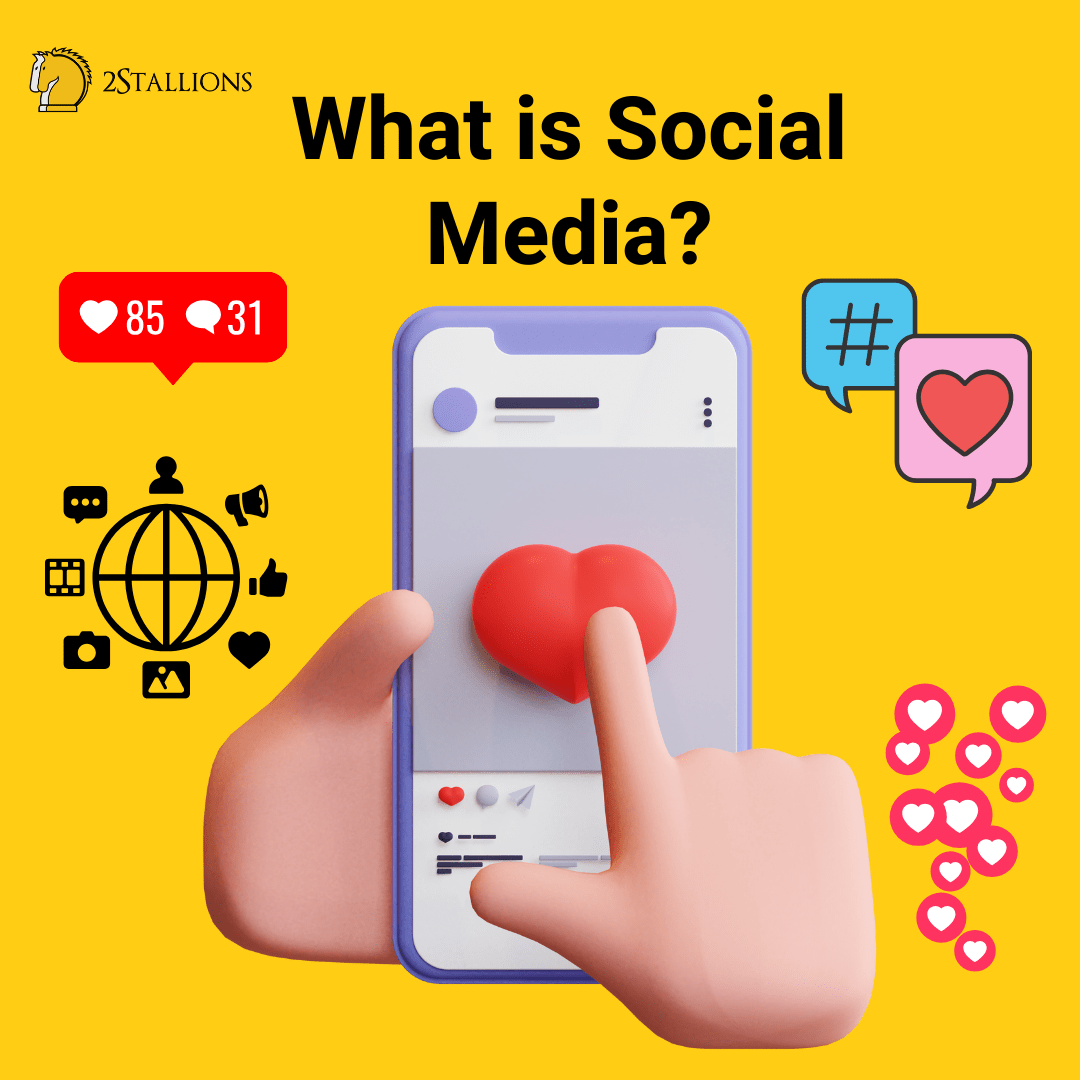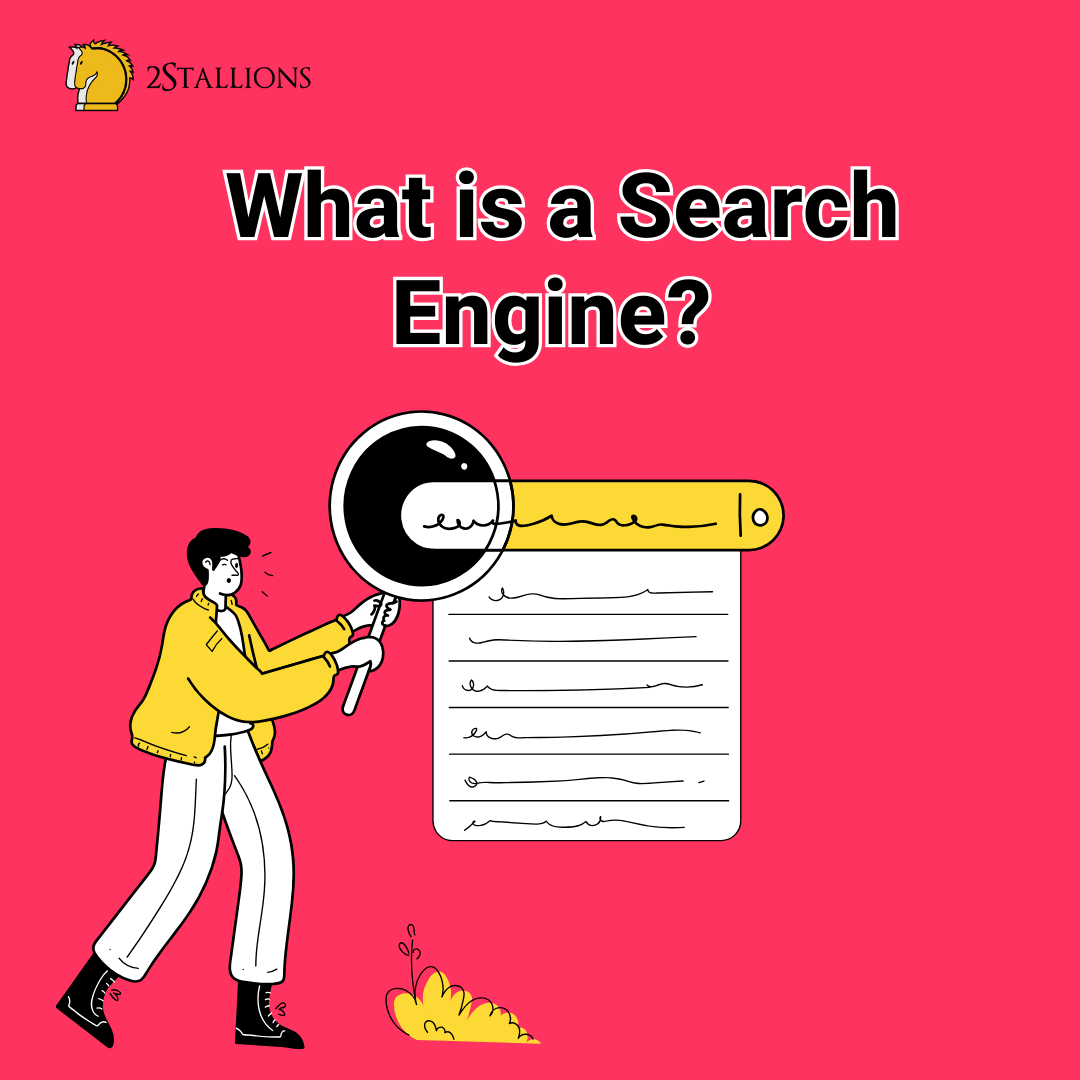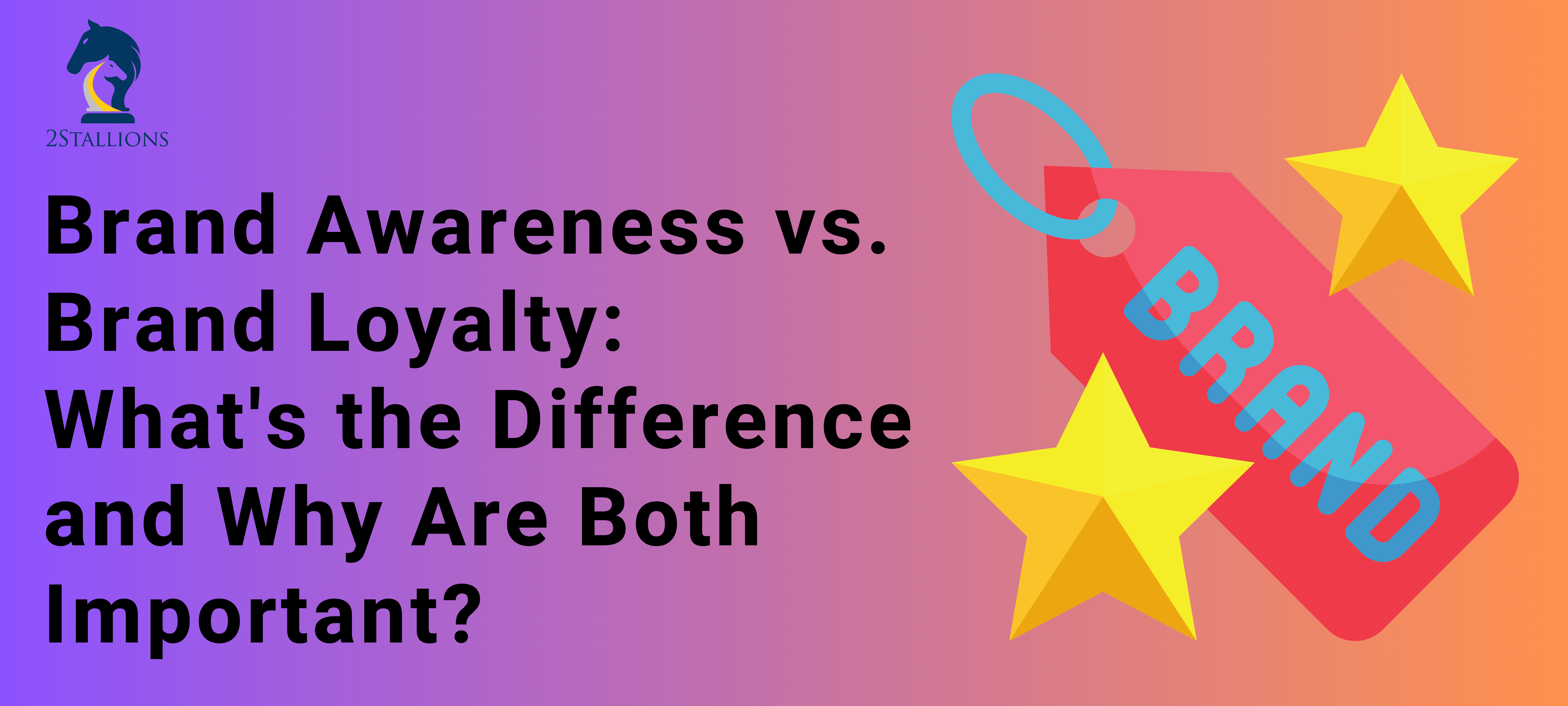SHARE

Businesses are constantly faced with a crucial decision: where should they allocate their precious resources to maximise their online visibility and effectively connect with their target audience? The dynamic realm of the internet offers two prominent avenues for brand exposure – social media and search engines. Understanding these nuances is essential for crafting a well-informed digital marketing strategy. Additionally, we’ll compare search engine marketing with social media marketing, exploring each approach’s unique strengths and advantages.
What is Social Media?
Social media is a dynamic digital landscape that has revolutionised how individuals and businesses connect, communicate, and engage with their target audience. It encompasses diverse online platforms, each with unique features and purposes, where individuals and businesses can interact, share content, and build meaningful relationships.
[thrive_leads id=’8445′]
Prominent social media platforms such as Facebook, Twitter, Instagram, LinkedIn, TikTok, and Pinterest, among others, have become virtual hubs for personal and professional interactions, making them indispensable tools for businesses aiming to thrive in the digital age.
Benefits of Social Media for Businesses
In the ever-expanding digital landscape, businesses increasingly turn to social media to harness its advantages. While search engines serve as a crucial gateway for online visibility, social media offers unique benefits that complement a well-rounded digital marketing strategy.
Let’s explore how social media can enhance your business presence and distinguish it from the difference between social networking and social media, as well as between social media and search engines. We’ll also touch upon the nuances of search engine marketing vs social media marketing.
Enhanced Brand Visibility and Awareness
Social media platforms give businesses a global stage to showcase their brand personality, products, and services. Consistent and engaging content on platforms like Facebook, Twitter, and Instagram helps build brand recognition and keeps your audience informed and engaged.
Audience Engagement and Interaction
One of the most significant advantages of social media is the ability to connect with your audience directly. Unlike the passive nature of search engine interactions, social media encourages active engagement. Users can like, share, comment, and even message your business, creating a valuable two-way conversation.
Targeted Marketing
Like in search engine marketing, businesses can fine-tune their advertising efforts on social media platforms. You can precisely target your audience by utilising user data and preferences, ensuring that your message reaches those most likely to convert.
Content Diversification
Unlike the straightforward text-based nature of search engine results, social media allows you to diversify your content. Share visually appealing images, videos, infographics, and more to capture your audience’s attention and convey your message effectively.
Real-Time Feedback and Insights
Social media platforms offer real-time feedback through comments, likes, and shares. Additionally, built-in analytics tools provide valuable insights into your audience’s behaviour and preferences, allowing you to refine your strategies continuously.
Building Customer Loyalty
By engaging with your audience personally, you can foster a sense of loyalty and trust. Responding to inquiries and providing exceptional customer service on social media can go a long way in building a loyal customer base.
What is a Search Engine?
A search engine is a specialised software application designed to assist users in finding information on the internet quickly and efficiently. It acts as a virtual librarian, cataloguing and indexing vast web content, making it easily accessible to users. The primary purpose of a search engine is to help individuals discover web pages, articles, images, videos, and other digital resources based on specific keywords or search queries they input.
Search engines are indispensable tools in today’s digital age, enabling users to navigate online information’s vast and ever-expanding landscape. They streamline the information retrieval process by presenting users with relevant results that match their search criteria.
Why are Search Engines a Great Place for a Business to Be Found?
Search engines offer numerous advantages to businesses seeking to establish a solid online presence and connect with their target audience. Here are the key benefits:
Highly Targeted Audience
Search engines are a magnet for users with specific intent, as individuals often use search engines to find solutions to their problems or answers to their questions. This makes search engines a prime platform for businesses to be seen by a highly targeted audience actively seeking their products or services.
Credibility and Trust
A prominent position on search engine results pages (SERPs) bestows a sense of credibility and trustworthiness for a business. Users trust organic search results more than paid advertisements, enhancing a company’s reputation and encouraging user engagement.
Long-Term Visibility
Unlike the transient nature of social media posts that have a limited lifespan, content that ranks well on search engines can provide long-term visibility. A well-optimised webpage or blog post can continue attracting visitors and generating leads for months or years, ensuring a sustained traffic flow.
Effective Keyword Targeting
Businesses can harness the power of keywords to ensure their content is displayed to the right audience at the right time. By strategically selecting and optimising keywords, companies can increase their chances of being found by users with specific interests and needs.
Measurable ROI
Search engine marketing (SEM) allows businesses to precisely measure the return on investment (ROI). Metrics such as click-through rates (CTR), conversion rates, and cost per click (CPC) enable businesses to assess the performance of their campaigns and make data-driven decisions.
Difference Between Social Media and Search Engines
Unlike social media, search engines offer distinct advantages:
Search engines are query-driven, serving users seeking information, products, or services. Social media, on the other hand, is more user-centric, focusing on content creation and interaction within a network.
Search Engine Marketing vs. Social Media Marketing
Finally, let’s briefly compare search engine marketing (SEM) and social media marketing (SMM) to highlight the benefits of using search engines for business:
Search Engine Marketing (SEM)
SEM allows companies to bid on keywords to display ads at the top of search results. It excels at capturing high-intent users actively seeking solutions, making it a powerful tool for generating leads and conversions.
Social Media Marketing (SMM)
SMM effectively builds brand awareness, engages with audiences, and nurtures customer relationships. However, it may capture users with a different level of intent than SEM, as social media users often browse for entertainment or connection rather than immediate purchase decisions. Navigate the complex landscape of social media and search engines with our comprehensive guide.
Discover the pros, cons, benefits, reach, and key statistics that will empower you to make informed marketing decisions. Master Social Media and Search – Get the Guide Now! In conclusion, search engines are vital for businesses in Singapore and globally.
Partnering with digital marketing agencies like 2Stallions, based in Singapore, allows enterprises to harness the power of search engines and navigate the digital landscape effectively, leading to growth, visibility, and brand recognition.
Originally published: 22 April 2021
Updated: 20 October 2023
Amplify Your Brand’s Reach With Our Social Media Experts. Harness the power of online engagement. Explore our social media marketing services and elevate your digital presence. Unlock success with effective and efficient strategies. Connect with us today!
Frequently Asked Questions about Social Media and Search Engines
Can Social Media Be Used as a Search Engine?
Social media platforms are not traditional search engines but offer search functionalities. While their primary purpose is communication and content sharing, users can search for specific content or profiles within these platforms. However, their search capabilities are limited to content within the platform and do not index the entire web like traditional search engines such as Google.
How To Use Social Media For Search Engine Optimisation?
Leveraging social media for SEO involves:
- Sharing high-quality content.
- Optimising posts with relevant keywords.
- Building quality backlinks through social profiles.
- Engaging with your audience to boost visibility.
- Maintaining a consistent social media presence.
These practices can enhance your website’s search engine rankings and overall online visibility.
What Is The Best Search Engine For Finding Social Media Accounts?
Google is often the most effective search engine for discovering social media accounts. You can find social media profiles and content related to individuals, businesses, or topics using specific search queries. Additionally, many social media platforms have search functions for finding users and content within their networks, making them valuable.
What Is A Search Engine And Social Media Marketing?
Search Engine Marketing (SEM) involves strategies to increase website visibility in search engine results through both organic efforts and paid advertising. SEM aims to drive targeted web traffic. Social Media Marketing (SMM) uses social media platforms to connect with an audience, build brand awareness, and achieve marketing goals. SMM includes content creation, paid advertising, and engagement to promote products, services, or brand messages within the social media ecosystem, enhancing brand visibility and engagement.











